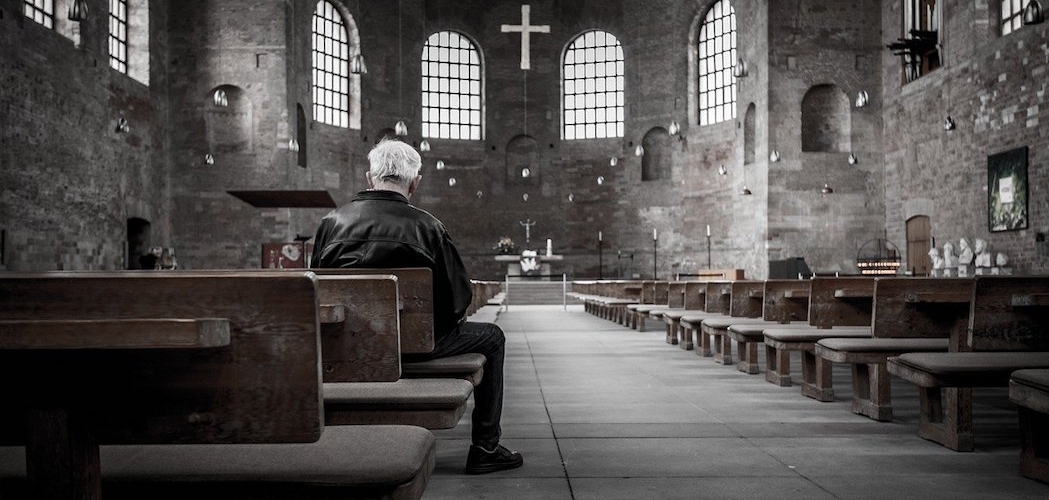While in-person church services and activities remain essential for strengthening a congregation, the power of connecting through an online community has become increasingly evident. During the COVID-19 pandemic, many believers faced challenges worshiping due to church closures and gathering restrictions. This experience underscored the importance of digital tools, prompting church leaders to explore church website builder options.
Why does your church need a website?
The modern world depends on technology, which means that people are looking online for information about your church. In the past, it was uncommon for churches to have websites. Now, church leaders understand why it’s essential to create an online presence.
Here are a few of the benefits you can expect when you create a church website to help you keep your congregation informed:
- It promotes congregation engagement. Even when people can’t gather for in-person services, a church’s website is an effective way of facilitating participation. Your website can include event calendars, volunteer signup forms, encouraging messages, recorded sermons, and more.
- It provides information in one central location. Where do the members of your congregation go when they need information about services, activities, and other events? Creating a church website is a way to centralize information, ensuring that everyone knows about upcoming opportunities. This platform is more far-reaching than in-person announcements before or after a sermon.
- It gives you another communication platform. On your website, you can share bios of pastors, co-pastors, and youth pastors. This allows your staff to share more about their personalities as well as stories about why they are passionate about their faith. When churchgoers see this information online, they will be more comfortable visiting the church for in-person services.
- It provides another way to welcome new people. If prospective members are looking for a place to worship, the first place they will go is the internet. Create a website that invites people to join the congregation.
7 best church website builders
The many benefits of a church website are clear. But it might feel overwhelming to face the technical challenges of building a site. Luckily, you don’t need to build a website from scratch. Instead, choose one of the following church website builders:
- Sharefaith. This website builder is specifically for faith organizations. You can choose from many premade images, banners, and features that are common on church websites. One benefit of Sharefaith is that it offers prepackaged solutions for churches. The drawback is that the pricing is a little more expensive compared to other website builders.
- Ministry Designs. Another church-focused website builder, Ministry Designs offers a variety of responsive website templates — which means your site will be functional on both computers and mobile devices. The website builder features offer all the services churches want on a website — such as calendars, email list management, and the ability to upload sermons.
- Nucleus. If you’re looking for a good solution that includes everything you need in a central hub, Nucleus might be the answer. This service focuses on digital services for churches and offers drag-and-drop design tools. While the tools are convenient, it comes at a price — this church website builder is the most expensive on our list.
- WordPress.org. This open-source website builder is completely free and includes a variety of themes (layouts) and plugins to customize your website. To build a website, you need to purchase a domain name and have a web hosting service.
- Wix. As one of the most popular website builders for amateurs, Wix provides basic systems to design beautiful websites. Wix isn’t a church-specific website builder, but it offers a variety of templates for nonprofits and churches.
Create and embed powerful Wix forms in your site. Follow our guide to learn more about how to add Jotform to your Wix site easily.
- Squarespace. If you want to create a sophisticated site, then Squarespace is one option to consider. While websites created with Squarespace look great, the user experience on the back end isn’t as beginner-friendly compared to other website builders. For best results, upgrade to the business plan so you can accept donations through your website.
- Weebly. One of the benefits of Weebly is the drag-and-drop website builder that you can use to create simple designs. It can be a bit tricky to find the right theme — Weebly doesn’t offer church-specific themes — but Weebly website builder is easy to use once you find a theme you like.
Once you’ve selected your website builder, consider ways to make your website more effective. Jotform is a widely used, robust solution for churches. This church management software includes features to share information, collect donations, gather registrations, and more. You can easily embed over 300 church form templates on web pages made with any of the church website builders listed above.





















Send Comment: